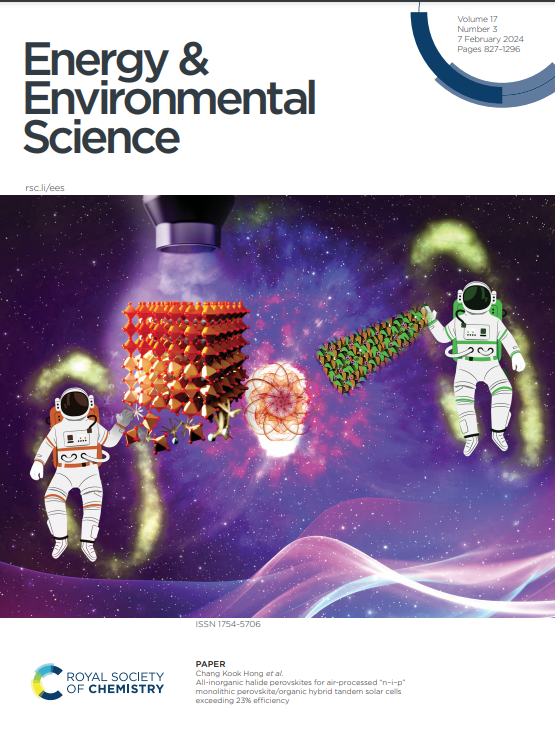Engineering Spin State of Metal Sites toward Advanced Lithium-Sulfur Batteries
IF 32.4
1区 材料科学
Q1 CHEMISTRY, MULTIDISCIPLINARY
引用次数: 0
Abstract
Developing efficient catalysts is essential for mitigating the shuttle effect and accelerating the conversion kinetics of polysulfides in lithium-sulfur (Li-S) batteries. To date, numerous strategies have been employed to optimize the performance of catalysts. Among these strategies, regulating the spin state of metal sites can modulate the d orbital occupancy and enable precise control over catalyst-polysulfide interactions, which provides an effective approach for the catalysts to optimize the balance between adsorption and catalysis toward polysulfide conversion. This review offers a comprehensive overview of spin-state engineering of the catalysts for Li-S batteries for the first time, detailing the strategies for spin-state modulation and the relevant characterization techniques for monitoring these changes. Finally, we underscore the critical role of spin-state tuning in optimizing catalytic active centers and propose future research directions in this emerging field.求助全文
约1分钟内获得全文
求助全文
来源期刊

Energy & Environmental Science
化学-工程:化工
CiteScore
50.50
自引率
2.20%
发文量
349
审稿时长
2.2 months
期刊介绍:
Energy & Environmental Science, a peer-reviewed scientific journal, publishes original research and review articles covering interdisciplinary topics in the (bio)chemical and (bio)physical sciences, as well as chemical engineering disciplines. Published monthly by the Royal Society of Chemistry (RSC), a not-for-profit publisher, Energy & Environmental Science is recognized as a leading journal. It boasts an impressive impact factor of 8.500 as of 2009, ranking 8th among 140 journals in the category "Chemistry, Multidisciplinary," second among 71 journals in "Energy & Fuels," second among 128 journals in "Engineering, Chemical," and first among 181 scientific journals in "Environmental Sciences."
Energy & Environmental Science publishes various types of articles, including Research Papers (original scientific work), Review Articles, Perspectives, and Minireviews (feature review-type articles of broad interest), Communications (original scientific work of an urgent nature), Opinions (personal, often speculative viewpoints or hypotheses on current topics), and Analysis Articles (in-depth examination of energy-related issues).
 求助内容:
求助内容: 应助结果提醒方式:
应助结果提醒方式:


